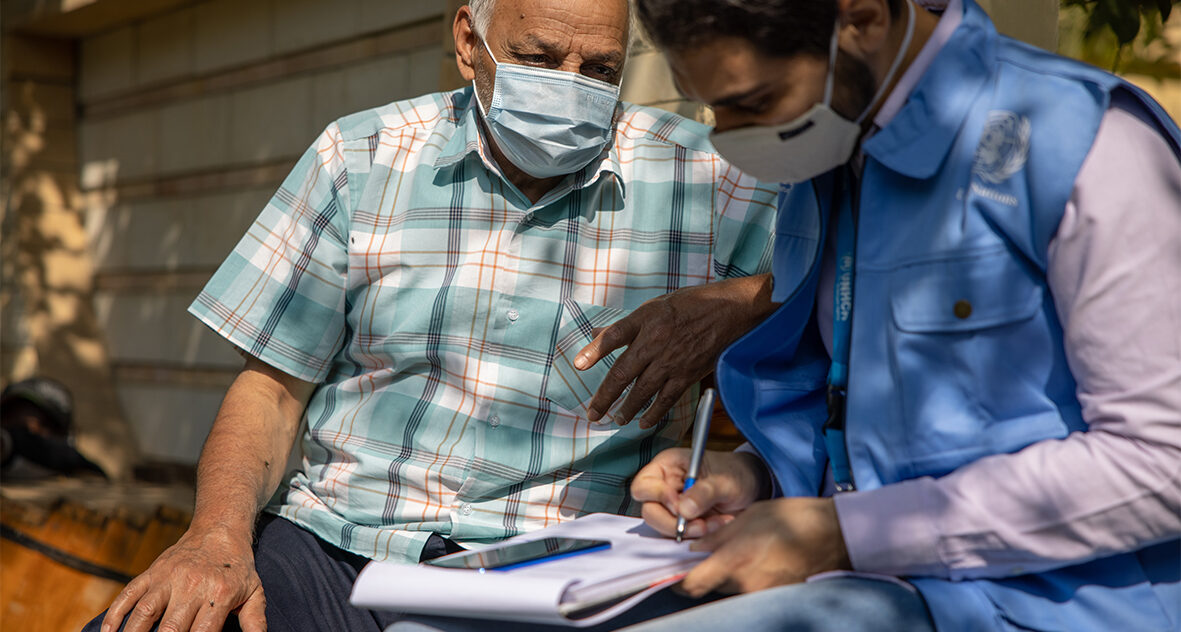UNHCR, the UN Refugee Agency, is a global organization dedicated to saving lives, protecting rights and building a better future for refugees, forcibly displaced communities and stateless people.
UNHCR is committed to protecting people forced to flee their homes because of conflict and persecution. The global organization safeguards the rights and well-being of refugees, asylum-seekers and of people displaced within their own county. It also has a mandate to support stateless people.
Globally, UNHCR has more than 20,000 personnel and works in 135 countries.
UNHCR strives to ensure that everyone can exercise the right to seek asylum and find refuge in another country, and to return home voluntarily. By assisting refugees to return to their own country or to settle permanently in another country, the organization also seeks lasting solutions to their plight.
The UN Refugee Agency was created in 1950, during the aftermath of the Second World War. UNHCR’s efforts are mandated by its Statute and guided by the 1951 United Nations Convention relating to the Status of Refugees and its 1967 Protocol. To date, 148 States are parties to the 1951 Convention relating to the Status of Refugees and/or to its 1967 Protocol.
Protection of refugees
Under international law, refugees are defined and protected by several legal instruments. These include the 1951 Refugee Convention (and its 1967 Protocol) which defines those eligible for refugee status and outlines the basic rights which States should afford to these persons. Together with the 1969 Organization of African Unity (OAU) Refugee Convention, the 1951 Refugee Convention is considered the cornerstone of modern refugee protection. Their underlying principles have effectively filtered into various international, regional, and national laws and practices. One fundamental principle laid down in international law is that of ‘Non-refoulement’, which stipulates that refugees should not be expelled or returned to situations where their life and freedom would be jeopardized.
The protection of refugees is a multi-faceted goal: it includes the guarantee of not being returned to the dangers from which refugees have fled; access to fair and efficient asylum procedures; and measures affirming their basic human rights to live in dignity and safety while helping them to find a longer-term solution. As States bear the primary responsibility for this protection, UNHCR works closely with governments, advising and supporting them as needed in order to carry out their responsibilities.

